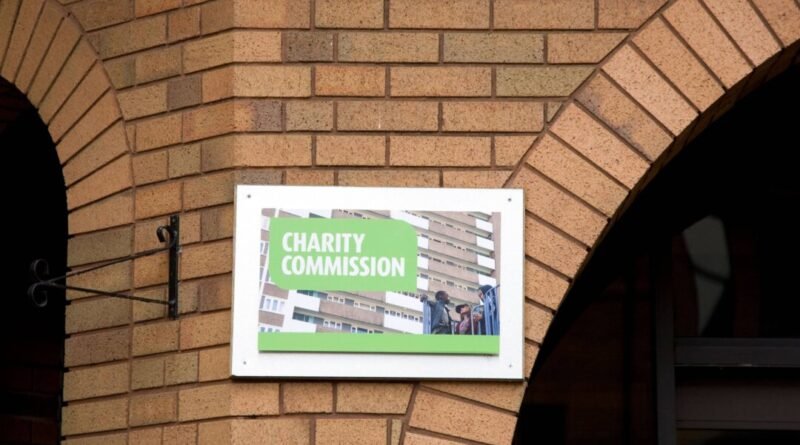Charities Should Accept All Donations Without Bias, Regular Argues
The Charity Commission emphasized that charity trustees must exhibit “sound judgement” in their decisions to decline a donation, stating that they may step in if this is not demonstrated.
Charities were advised by the sector’s regulatory body not to turn down donations based on “personal views” or “external pressures.” They warned that they might intervene if trustees fail to show “sound judgement” in their rationale for rejecting a gift.
Orlando Fraser, KC, the Chairman of the Charity Commission, initially introduced the guidance on refusing donations last year, cautioning against personal reservations hindering the acceptance of donations.
In Monday’s announcement, Mr. Fraser stated, “When charities are offered a donation, the law is clear that their starting point should be to accept unless there is very good reason not to.”
He further indicated that while the Charity Commission usually refrains from involvement, they may step in “if trustees cannot evidence sound judgement and a considered process for their decision.”
“I hope this guidance will empower trustees to feel able to make the choice that’s right for them when faced with a tough decision. It has been designed to offer clarity and support as they navigate what can be tricky territory,” Mr. Fraser expressed.
The Charity Commission underscored that charities should default to accepting donations, advising them to examine the risks associated with refusal or return, including negative financial ramifications, service delivery capabilities, and future donation attractiveness.
Trustees were also encouraged to evaluate the risks of accepting or retaining donations, considering potential reduced support or reputational harm, especially among supporters or beneficiaries.
‘Righteous Progressiveness’
Mr. Fraser originally introduced the guidance during a speech at the University of Kent’s Dame Shirley lecture on Nov. 9, 2023.
The head of the Charity Commission affirmed that while there are valid grounds for turning down donations, such as illegal sources or potential reputational harm, the Commission generally respects trustees’ decisions to accept, refuse, or return contributions.
“However, rarely is not never, and the Commission may well intervene if we consider that such intervention would be consistent with our Risk and Regulatory Framework, including if any decision-making is materially irrational,” he continued.
“One example of materially irrational decision-making would be when it is apparent that the motivations for a return or refusal are simply the personal worldviews or preferences of the relevant trustees, rather than the best interests of the charity.
“Demonstrative personal squeamishness around sources of philanthropic funding may benefit the sense of righteous progressiveness of a trustee or charity executive, but it will most likely not serve the beneficiary reliant on the services a charity provides,” he reasoned.
Charities and Arts Institutions Cutting Ties With Oil Industry
In March 2022, Save the Children rejected a donation from North Sea gas provider Neptune Energy, which the charity said in its annual report prompted an increase in complaints.
“We also do not accept donations from fossil fuel companies or corporate foundations that have direct involvement in the extraction and/or sale of coal, oil and gas, or distribute oil and gas whose emissions reductions pathways are not aligned with short, medium, and long-term 1.5-degree Celsius emissions targets,” the charity stated.
Recently, museums and theatre companies have terminated sponsorship connections with oil industry giants that backed their events, like the National Portrait Gallery, the Scottish Ballet, and the Tate galleries, which severed relations with BP. Additionally, the National Theatre cut ties with Shell.
The Royal Shakespeare Company ended its collaboration with BP in 2019 following pressure from environmental activists, with students threatening to boycott the theatre company. BP’s sponsorship initiative had allowed young people to purchase 80,000 tickets for £5 each since 2013.
The Royal Opera House also ended its sponsorship affiliation with BP in 2023 after 33 years of support due to pressure from environmental activists. BP’s aid had enabled people across the country to experience free opera and ballet through the BP Big Screens events.
PA Media contributed to this report.






